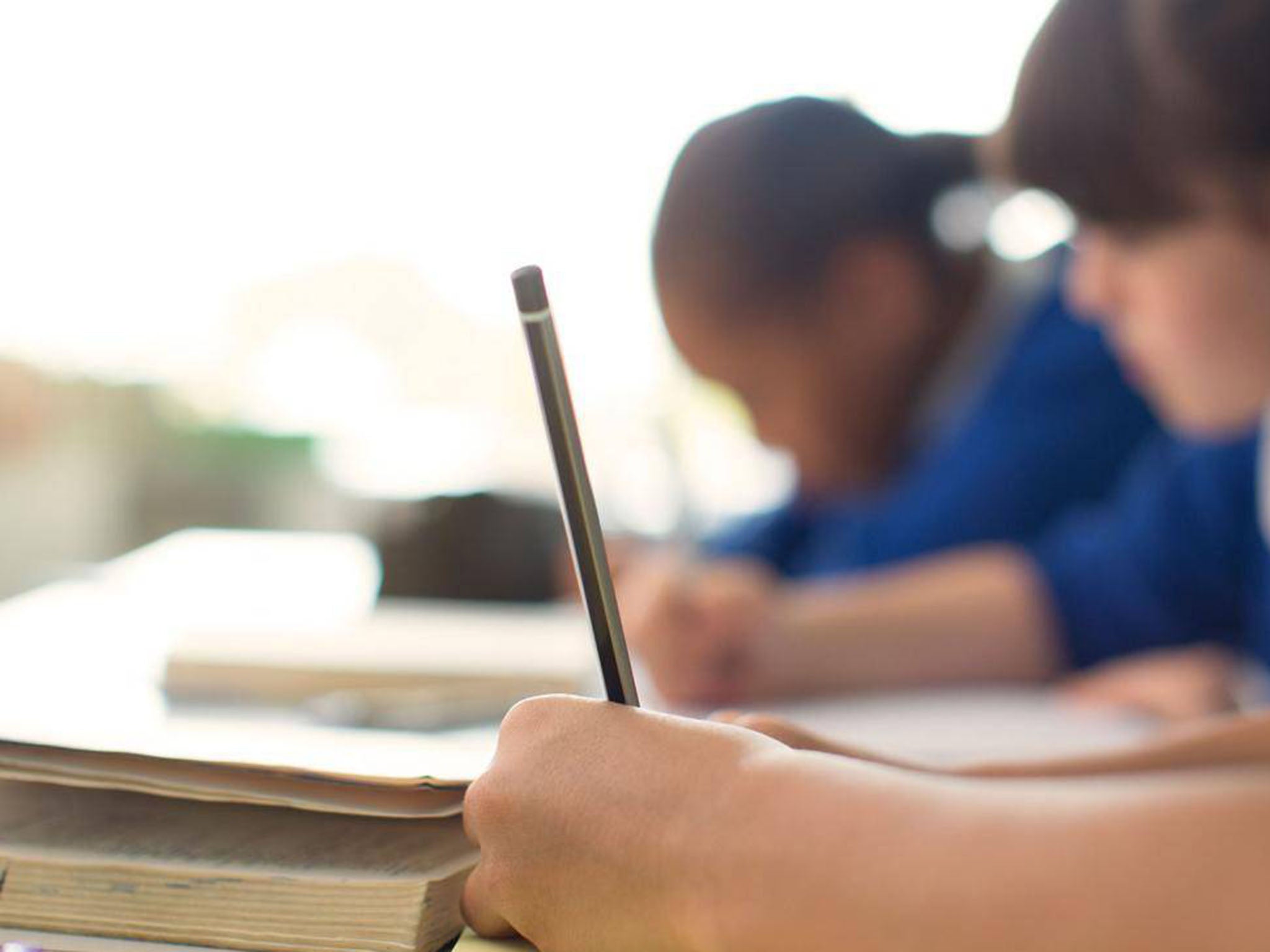We cannot trust schools to provide sex education when they can't even keep their institutions safe
Almost one in 10 young women have been raped while at university, and thousands of pupils experience sexual harassment in schools. Far from supportive environments, many schools, colleges and universities victim-blame and exacerbate the problem


It’s a common belief among campaigners that the key to improving understanding about sex and relationships is to increase awareness and education in schools. I was one of these campaigners – a few years ago I was a firm believer that the government needed to update outdated sex and relationships education (SRE) guidelines. But I’m not so confident anymore that this is the solution.
In an ideal world, yes, educating in schools would be the obvious answer to tackling misinformation about sex, sexuality, gender, romantic and/or sexual relationships, body image, consent, porn and pleasure. After all, young people deserve a universal education when it comes to SRE – we need the tools to challenge unhealthy relationships we might see in our everyday lives and accept and understand our own bodies and desires, regardless of identity and background.
Some believe that SRE should be left down to parents – but what about parents who don’t ever address the issue, parents who provide inaccurate or even harmful information, or parents who are abusers themselves?
Apart from parents and teachers, there are few adults that most young people see on a regular basis – few people who could provide regular and comprehensive information about sex and relationships. The internet is also often a no-go zone: there is a huge amount of misinformation online about what makes a healthy relationship, and mainstream porn is no place to learn about realistic, safe and respectful sex.
For these reasons and many more, schools would be the ideal place to challenge rape culture and fight back against sexual harassment, and teach safe and healthy SRE. But what happens when educational institutions are reinforcers of sexism, and often even enablers of assault?
Unfortunately, far from an ideal world, this is the climate we are currently living in. A survey published earlier this week found that three in five students have been sexually assaulted or harassed at university. Eight per cent of female respondents said they had been raped at university – that’s almost one in 10 young women who have been raped in the few years that they’ve been getting a university education. And that’s without taking into consideration that data collected about sexual violence is often an underestimation.
Schools are not much better – with thousands of pupils experiencing sexual harassment in primary and secondary schools, some as young as five-years-old. Again, this is only cases reported to the police – likely a very small percentage of the actual number of assaults.
The 2017 Girlguiding Girls’ Attitudes Survey, a yearly survey of thousands of girls and young women across the UK, found that “there has been an increase in the number of girls affected by a form of harassment compared to three years ago and more than a third experience sexual harassment at school every week”. It found that 39 per cent of 11-21-year-old girls have seen or experienced their bra strap being pulled by boys, and 27 per cent of girls have had their skirts being pulled up by boys at school – just in the week before the survey was taken.
But perhaps even worse than the extent of sexual violence itself is the awful response that many survivors receive when they report the incidents. Far from supportive environments, many schools, colleges and universities victim-blame and exacerbate the problem. And this is why I’m doubtful of trusting these institutions to deliver the right kind of SRE.
To give just a few personal examples, I knew a then 14-year-old who had naked images of herself shared around the school by an ex-boyfriend. Rather than condemn the boy’s actions, the school suspended her for three days.
I knew girls who sat in classrooms with boys as they watched porn and compared the girls’ bodies to those of the women in porn, rating them on a scale of one to 10 – while teachers said nothing.
I also know a young woman who was raped by her school counsellor at the age of 15. Even worse than when educational institutions are bystanders to student incidents is when sexual assault happens between people in positions of authority and power and young people or even schoolchildren.
These are unfortunately not “rare” or “isolated” incidents, and far more common than we would like to accept.
A survey carried out by the NUS last week found that two in five students have been sexually harassed by university staff. One in eight students have reported being touched by a staff member in a way that made them feel uncomfortable.
Just let that sink in for a moment.
How can we depend on educational institutions to deliver accurate information about sex and relationships when they themselves are guilty of upholding sexism and leaving rape culture unchallenged? I’m not saying that this is every school, but unfortunately as anecdotal evidence and stats have shown, it is many schools – and we can’t trust every school when many schools are unsafe.
So what’s the answer? Outside bodies going into schools to teach SRE? Peer to peer education? I certainly learnt a lot from Scarleteen, LGBT+ YouYubers and my local youth centre when I was younger. But that unfortunately isn’t universal – these are all resources I sought out. We can’t leave SRE to chance, but I’m not sure we can trust schools and universities with it either. There needs to be a lot more thinking done about the solution to this.
Join our commenting forum
Join thought-provoking conversations, follow other Independent readers and see their replies
Comments
Bookmark popover
Removed from bookmarks